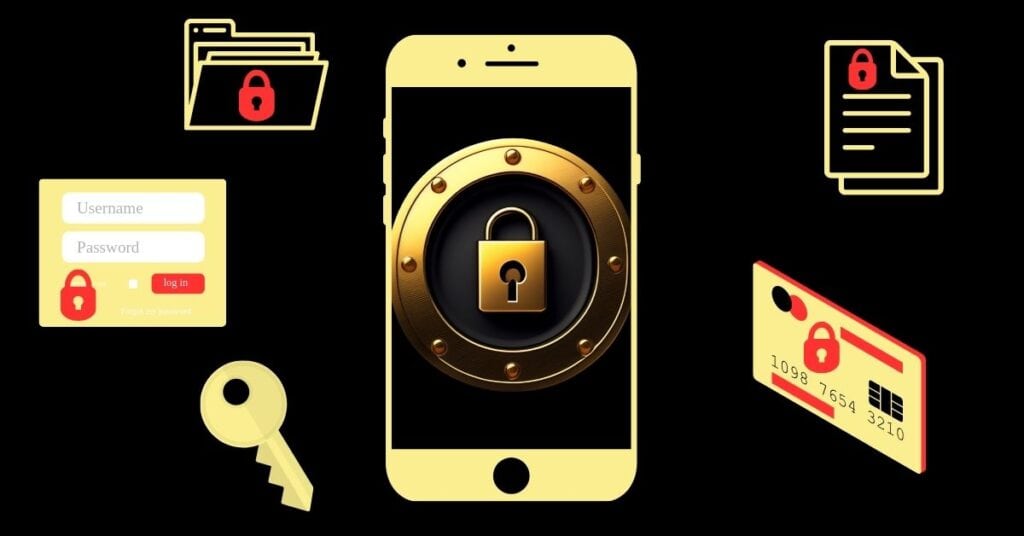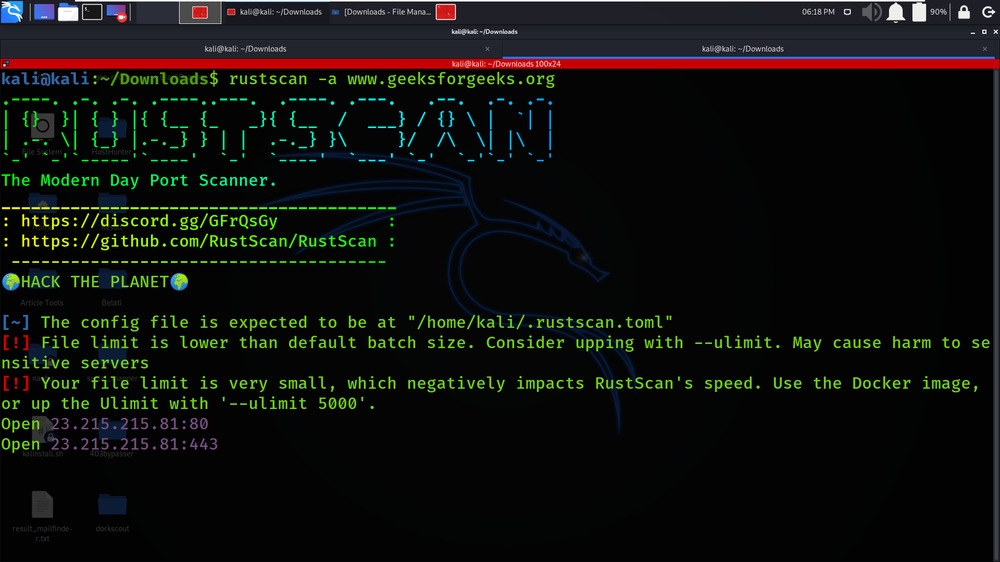What is Mobile App Security?
Mobile app security refers to the practice of protecting mobile applications from unauthorized access, data breaches, and malicious activities. It involves implementing security measures to ensure the confidentiality, integrity, and availability of sensitive information stored and transmitted through mobile apps. By prioritizing mobile app security, developers and users can mitigate risks and maintain a safe digital environment.
Why is Mobile App Security Important?
Mobile app security is of paramount importance due to the following reasons:
- Protecting Personal Information: Mobile apps often collect and store personal data, including names, addresses, and even financial details. Without adequate security measures, this information becomes vulnerable to hackers and cybercriminals.
- Preventing Data Breaches: Mobile apps frequently handle large volumes of user data. A data breach can lead to severe consequences, such as financial loss, identity theft, and reputational damage.
- Securing Financial Transactions: Many mobile apps facilitate financial transactions, such as mobile banking and e-commerce. Robust security measures ensure that sensitive financial information remains confidential and protected during these transactions.
- Guarding Against Malware: Mobile apps can unknowingly harbor malware, which can compromise device functionality and steal personal data. Implementing security measures helps prevent the installation and spread of malware.
Mobile App Security Threats:
- Insecure Authentication/Authorization (M1):
Imagine having a secret clubhouse with a password that anyone can guess! That’s what happens when mobile apps have weak passwords or don’t require proper authentication. It’s like leaving the front door of your house wide open for anyone to enter. Always choose strong passwords and enable features like fingerprint or face recognition for extra protection.
- Insecure Communication (M2):
When you send messages or share information through a mobile app, it’s like passing notes in class. But what if someone intercepts those notes and reads them? That’s why secure communication is crucial. Mobile apps should use special codes to encrypt your messages, making them unreadable to anyone except the intended recipient.
- Inadequate Supply Chain Security (M3):
Imagine buying a toy from a store, only to find out it’s broken or dangerous. Mobile apps are like toys too. Sometimes, they rely on other software or code from different companies. If those companies don’t follow proper security measures, it can affect the safety of the app. Always make sure the apps you use come from trusted sources and regularly update them to fix any security issues.
- Inadequate Privacy Controls (M4):
Privacy is like having your own secret diary. You wouldn’t want anyone to read it, right? Mobile apps should respect your privacy by asking for your permission before accessing your personal information. For example, if a drawing app asks to access your camera, it should only do so when you give it permission.
- Improper Credential Usage (M5):
Have you ever shared your locker combination with a friend, only to regret it later? That’s similar to what happens when mobile apps don’t handle your login information properly. They may store your passwords or other sensitive details in an unsafe way, making it easier for hackers to get their hands on them. Always choose apps that handle your credentials securely.
- Insufficient Input/Output Validation (M6):
Imagine playing a game where you can enter any cheat code you want. It wouldn’t be fair, right? Mobile apps should check the information you provide to make sure it’s valid and safe. This prevents hackers from using tricks to manipulate the app or steal your data.
- Security Misconfiguration (M7):
Imagine leaving your bedroom window wide open while you’re away. That’s like leaving a mobile app with improper security settings. Developers need to configure apps correctly to prevent hackers from finding weaknesses and exploiting them. Always keep your apps updated to ensure they have the latest security configurations.
- Insufficient Cryptography (M8):
Cryptography is like having a secret language that only you and your friends understand. Mobile apps use cryptography to protect your data by encoding it in a way that only authorized parties can decode. Apps with insufficient cryptography can leave your data vulnerable to prying eyes. Look for apps that prioritize strong encryption to keep your information safe.
Effective Measures for Mobile App Security:
To ensure the security of mobile apps, developers and users should adopt the following practices:
- Strong Authentication: Implement robust authentication mechanisms such as passwords, PINs, biometrics, or two-factor authentication (2FA) to prevent unauthorized access.
- Secure Data Storage: Store sensitive user information using encryption techniques to protect it from unauthorized access in case of a data breach.
- Regular Updates: Keep mobile apps updated with the latest security patches and bug fixes to address known vulnerabilities and protect against emerging threats.
- Secure Network Communication: Use secure protocols, such as HTTPS, for data transmission between the mobile app and its server to prevent interception and manipulation of data by hackers.
- Secure Code Development: Follow secure coding practices and conduct regular code reviews to identify and rectify potential vulnerabilities during the development process.
You may also like:
https://hackedyou.org/how-does-the-internet-work-simplified/
https://hackedyou.org/tcp-ip-model/
https://hackedyou.org/tcp-ip-vs-osi-model/
https://hackedyou.org/http-status-codes-explained-all/
https://hackedyou.org/what-is-a-cdn-and-how-does-it-work/
https://hackedyou.org/dns-resolver-explained/
https://hackedyou.org/understanding-network-topology/
https://hackedyou.org/10-important-browser-cookies/
https://hackedyou.org/everything-about-internet-cookies/
https://hackedyou.org/network-protocols-types-and-uses/
https://hackedyou.org/hackers-exploiting-open-ports/
https://hackedyou.org/client-server-model/
https://hackedyou.org/ip-addresses-basics-explained/
https://hackedyou.org/top-20-networking-fundamentals-for-hackers/
https://hackedyou.org/artificial-intelligence-transforming-cybersecurity/
https://hackedyou.org/top-10-major-cybersecurity-threats-in-2023/
https://hackedyou.org/mastering-cybersecurity-2023-ultimate-guide/






